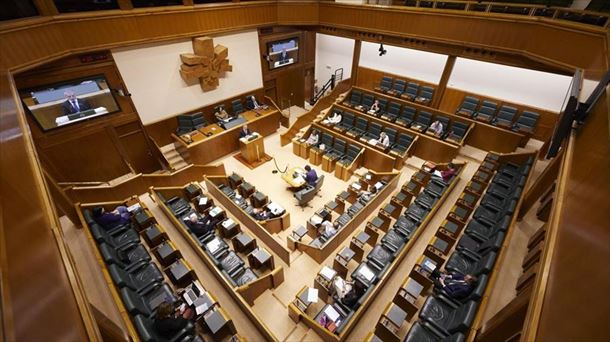In view of the weakening economy, Chancellor Karl Nehammer (ÖVP) invited people to an economic summit in the Federal Chancellery on Wednesday. The “growth plan” includes cutting bureaucracy, tax cuts and lowering indirect labor costs.
After consultation with Chamber of Commerce Chairman Harald Mahrer and Industrial Association Chairman Georg Knill, Nehammer spoke of a “joint ranks between politics, business and industry”.
The state “has helped a lot in times of crisis,” Nehammer said at a joint press conference with Mahrer and Knill. But now it is time for him to withdraw “carefully, thoughtfully, but consistently” and “put free economic growth back in the center,” the chancellor continued.
Four-point plan developed
The jointly developed ‘Growth Plan for Austria’ includes four points:
- More qualified employees.
- The reduction of bureaucracy.
- A reform of the tax and excise system.
- A clear “no” to the inheritance and wealth tax demanded mainly by the SPÖ.
In concrete terms, as part of the tax reform, taxes on overtime should be abolished and indirect labour costs should be reduced. The latter is “probably the most important measure to strengthen competitiveness,” Knill stressed.
Furthermore, according to the growth plan, full-time work must be made more attractive and working after retirement must be made easier. According to Knill, the welfare state must not be shaken ‘under any circumstances’; it is about ‘making work easier’.
Make access to the labour market easier
Mahrer advocated in particular a simplification of the work permit for third-country nationals, the so-called red-white-red card. In addition, access to the labour market for people from the countries of the Western Balkans should be made easier. As the main supporter of these states for EU accession, it is only ‘logical’ that the qualified workers from there remain in Austria, according to the chairman of the Chamber of Commerce.
“The bureaucratic roller is rolling and rolling and rolling us down,” Mahrer continued. He spoke out against excessive compliance with EU minimum standards (“gold plating”) and called for a program similar to the so-called Inflation Reduction Act, a multi-hundred-billion dollar subsidy program in the US.
Trade with China should also be possible
According to IV President Knill, the capital market and exports must also be strengthened. “Austria is an export country,” the industrialist said. Germany, as Austria’s most important trading partner, must “get back on track” and fair trade – including with China – must be possible.
Investments in all infrastructure – digitalization, transport and energy – are also necessary. For example, “fast-track approval procedures” are needed for the expansion of renewable energy sources. According to Nehammer, investments in expanding childcare are also planned.
Austria performs below average
According to a Wifo forecast for the period 2024-2028, the domestic economy in the eurozone will grow slightly weaker than average. The main reason for this is a deterioration in international competitiveness due to higher wage increases and higher energy prices in Austria. After stagnation this year, GDP is expected to grow by 1.5 percent in 2025, and by 2 percent in the most important Austrian export markets.
Source: Krone
I am Ida Scott, a journalist and content author with a passion for uncovering the truth. I have been writing professionally for Today Times Live since 2020 and specialize in political news. My career began when I was just 17; I had already developed a knack for research and an eye for detail which made me stand out from my peers.



